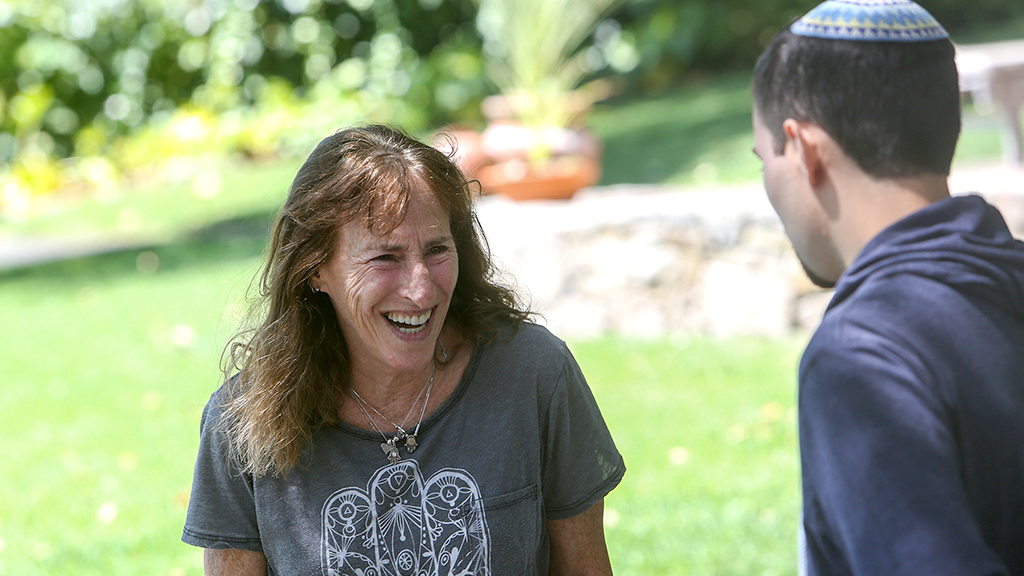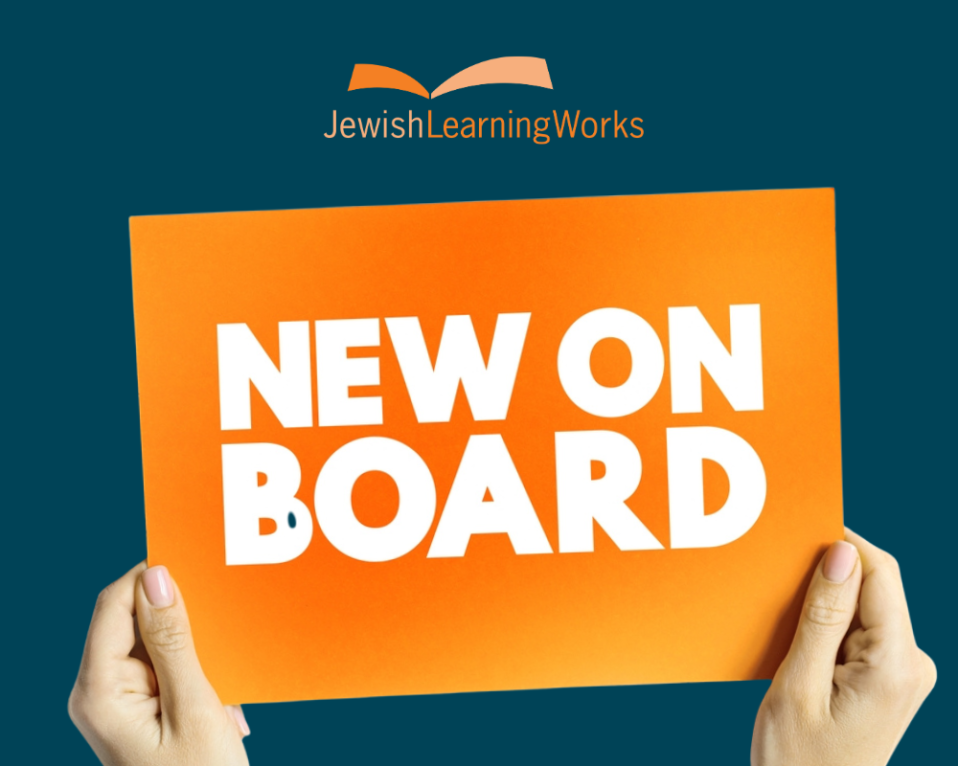Jewish LearningWorks is pleased to offer both coaching and mentoring support to Jewish professionals in all settings. Both are designed to help you identify your unique strengths and challenges, learn new skills, problem solve, and practice self reflection. To learn more about the difference between coaching and mentoring, keep reading to the bottom of this page!

Leadership Coaching
For professionals working in Jewish organizations
Jewish LearningWorks is committed to strengthening our community’s talent pipeline, because we believe that professionals are the foundation of our vibrant Jewish community. We offer leadership coaching to support you in becoming more self reflective about your work, reducing isolation, and reaching your professional goals.

Mentorship Program
For new and veteran Jewish educators
Jewish LearningWorks mentor/mentee initiative began in 2018, as part of the Bay Area Teen initiative, and has grown to serve professionals in every role and setting. Mentoring is a proven, effective way to invest in new educators. Jewish LearningWorks’ initiative is informed by Jewish concepts and texts, as well as leadership and adult learning research, to support both our mentors and mentees.
We will reopen the mentor matching process again in January 2025. If you are interested in being matched with a mentor, please contact Alisha Pedowitz, Senior Educator, at alisha@jewishlearning.works.
Coaching vs Mentoring: What’s the Difference?
Coaching and mentoring may begin from the same place, an intentional pairing of two people, designed to provide support on a challenge or need. However, they are different in several critical ways. In our work at Jewish LearningWorks the biggest difference is how much time you spend with your coach or mentor, and how the relationship is structured.
Mentoring |
Coaching |
|
Focus |
Mentoring is ideal for those seeking specific skills or guidance when the focus of their work is changing or a new direction is emerging. | Coaching has the potential for profound guidance, support, and growth. Generally those seeking coaching have a specific question or goal for which they are seeking support. |
Expertise |
You will receive advice based on the mentor’s personal and professional expertise. Mentoring is often more directive than coaching. | You will be asked powerful questions designed to draw wisdom and direction from you. Coaching is often less directive than mentoring. |
Reciprocity |
Mentoring can be a reciprocal relationship. Many mentors feel equally nurtured by the relationship with their mentee, and mentor as a way to give back to the field. | Coaching is focused solely on your needs and agenda. While coaches reap rewards from their coaching, the relationship is not designed to be mutually supportive. |
Time Horizon |
Mentoring may be open ended, evolving for ongoing collegiality and support as needs change. | Coaching is oriented toward a concrete goal, and generally time limited. |
Cost |
Annual participation fee. Lower investment. | Fee per session with an 8-10 session commitment. Higher investment. |
Unsure whether a coach or mentor is right for you?
Do not hesitate to contact Liora Brosbe at liora@jewishlearning.works.





